Jogi Suda Neto
Lie-Equivariant Quantum Graph Neural Networks
Nov 22, 2024

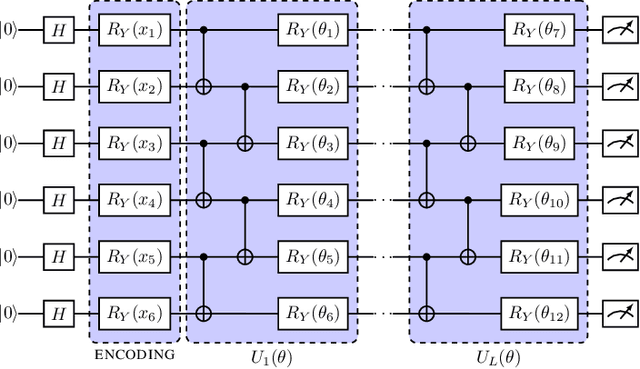
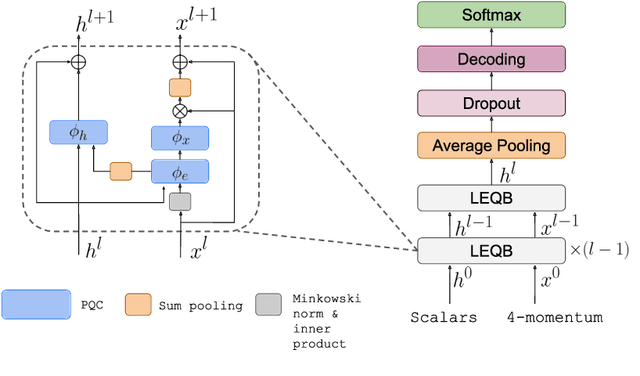
Abstract:Discovering new phenomena at the Large Hadron Collider (LHC) involves the identification of rare signals over conventional backgrounds. Thus binary classification tasks are ubiquitous in analyses of the vast amounts of LHC data. We develop a Lie-Equivariant Quantum Graph Neural Network (Lie-EQGNN), a quantum model that is not only data efficient, but also has symmetry-preserving properties. Since Lorentz group equivariance has been shown to be beneficial for jet tagging, we build a Lorentz-equivariant quantum GNN for quark-gluon jet discrimination and show that its performance is on par with its classical state-of-the-art counterpart LorentzNet, making it a viable alternative to the conventional computing paradigm.
Trusting Language Models in Education
Aug 07, 2023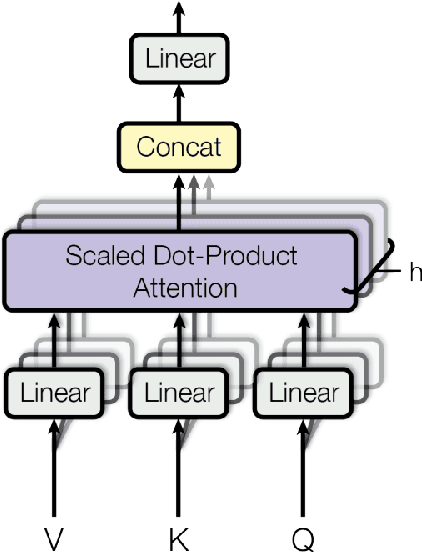
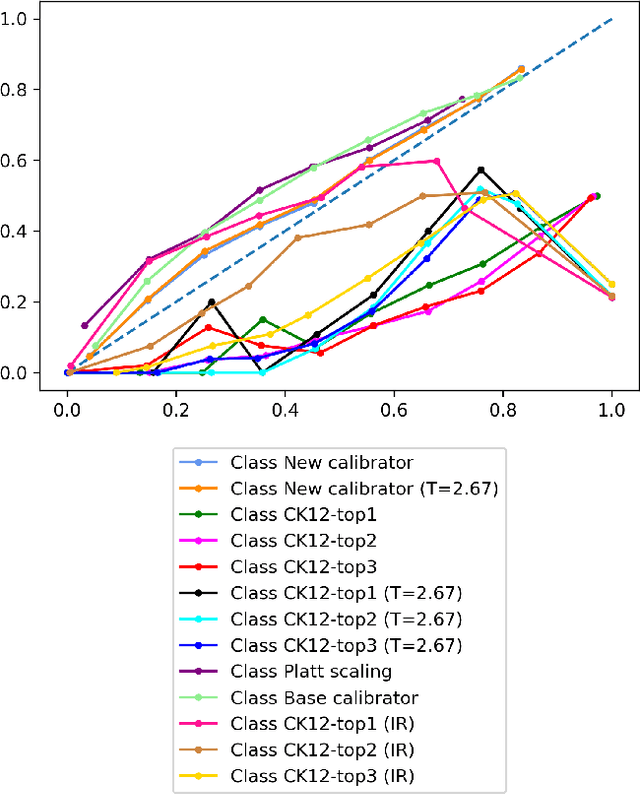
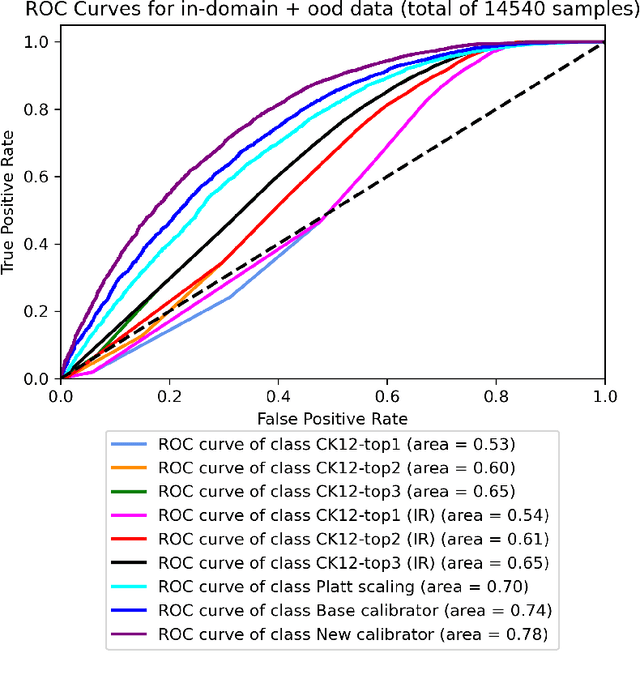
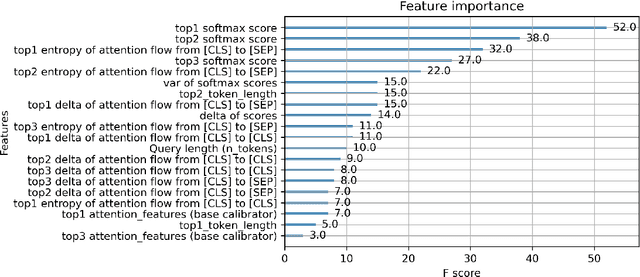
Abstract:Language Models are being widely used in Education. Even though modern deep learning models achieve very good performance on question-answering tasks, sometimes they make errors. To avoid misleading students by showing wrong answers, it is important to calibrate the confidence - that is, the prediction probability - of these models. In our work, we propose to use an XGBoost on top of BERT to output the corrected probabilities, using features based on the attention mechanism. Our hypothesis is that the level of uncertainty contained in the flow of attention is related to the quality of the model's response itself.
 Add to Chrome
Add to Chrome Add to Firefox
Add to Firefox Add to Edge
Add to Edge